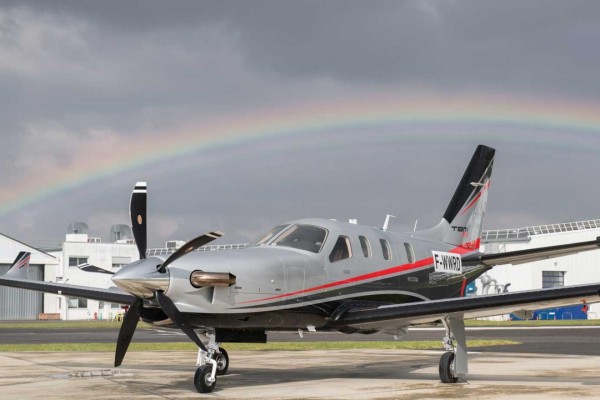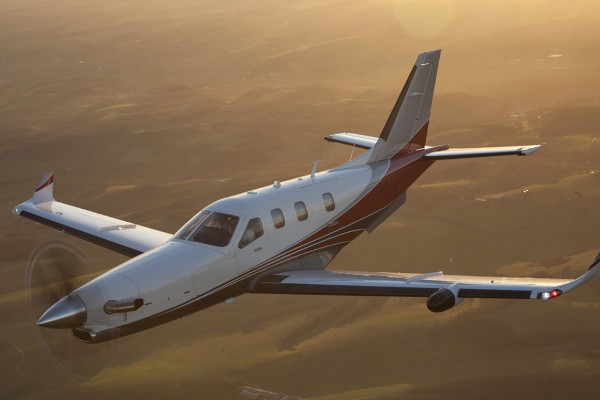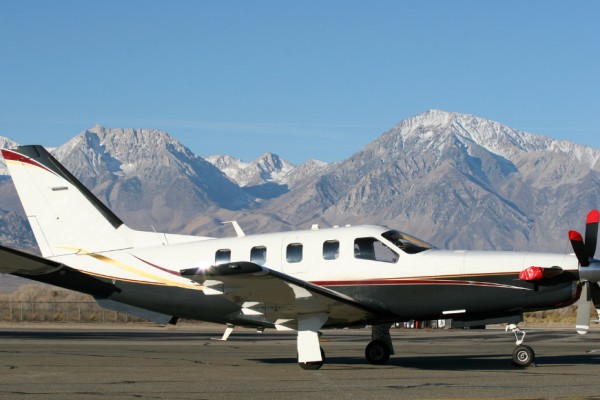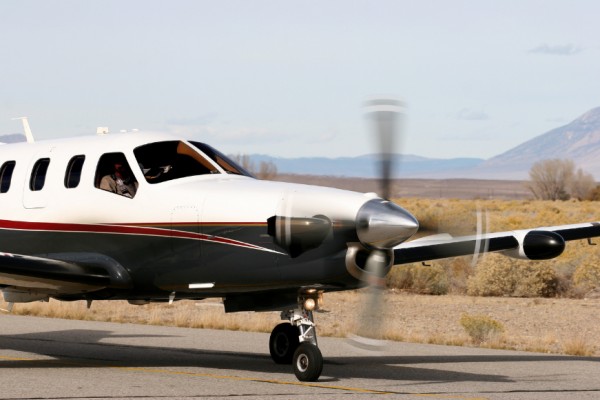- Civil Aircrafts
- 1 year before
Alcohol Consumption in Flight: Rules
Important information about drinking alcohol on board and travel safety, serving alcohol on board, effects and recommendations to passengers.
-

- 1 year before
- Category: Civil Aircrafts
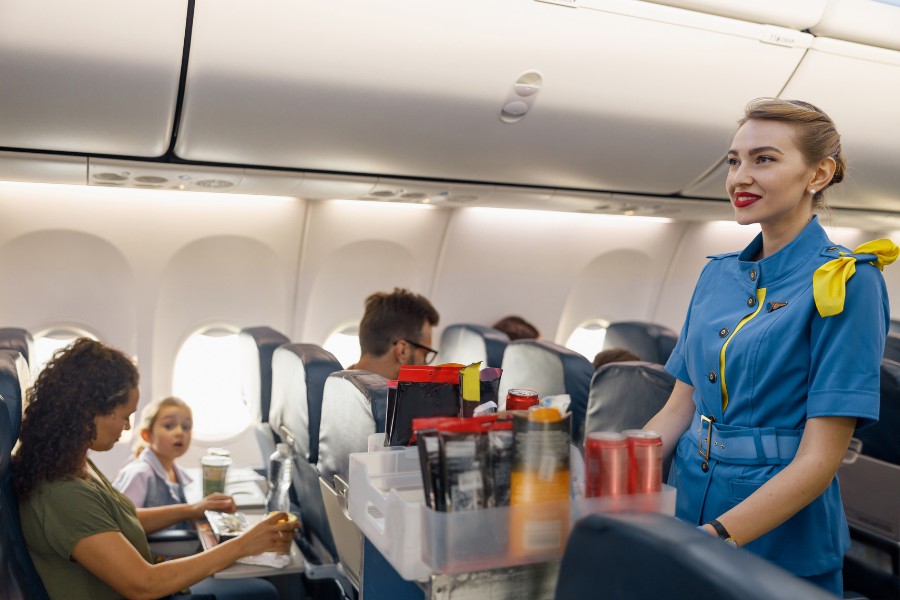
Effects of Alcohol Consumption on Airplanes
Physiological and Psychological Effects
Alcohol consumption on an airplane can have different effects than at ground level due to the low cabin pressure and reduced oxygen levels. These conditions can intensify the effects of alcohol, leading to:
- Dehydration
- Impaired judgment and coordination
- Reduced reaction time
- Increased risk of health problems
Impact on Flight Quality
Alcohol consumption can exacerbate jet lag and prolong the recovery process after a flight. It can also lead to disruptive behavior, affecting the safety and comfort of other passengers.
Alcohol Consumption and Safety
Airlines have strict regulations regarding alcohol consumption on flights. Excessive alcohol consumption can pose safety risks, including:
- Impaired decision-making in emergency situations
- Aggressive or disruptive behavior
- Reduced reaction time
Alcohol Service and Alternatives
Most airlines serve alcohol on international and some domestic flights. However, it is usually not complimentary in economy class. Passengers are encouraged to opt for alternative beverages such as water, juice, or tea, which are more hydrating and beneficial for flight quality.
Recommendations for Alcohol Consumption
Passengers who choose to consume alcohol on an airplane should:
- Hydrate well before and during the flight.
- Limit alcohol intake to one drink or less.
- Balance the effects of alcohol with light snacks.
- Follow the instructions of cabin crew and avoid excessive consumption.
By adhering to these recommendations, passengers can minimize the negative effects of alcohol consumption and enjoy a more comfortable and safe flight experience.

